The Enduring Knowledge of Jiddu Krishnamurti: Exploring His Most Well-known Quotes
Associated Articles: The Enduring Knowledge of Jiddu Krishnamurti: Exploring His Most Well-known Quotes
Introduction
With nice pleasure, we are going to discover the intriguing matter associated to The Enduring Knowledge of Jiddu Krishnamurti: Exploring His Most Well-known Quotes. Let’s weave attention-grabbing data and provide recent views to the readers.
Desk of Content material
The Enduring Knowledge of Jiddu Krishnamurti: Exploring His Most Well-known Quotes

Jiddu Krishnamurti, a thinker and religious instructor, left an indelible mark on the world along with his profound insights into the character of consciousness, thought, and human struggling. He eschewed organized faith and conventional religious paths, advocating as a substitute for a direct, self-inquiry-based strategy to understanding oneself and the world. His phrases, typically deceptively easy but breathtakingly profound, proceed to resonate with hundreds of thousands in search of that means and liberation. This text explores a few of his most well-known quotes, delving into their context and analyzing their enduring relevance.
On the Nature of Thought:
One in all Krishnamurti’s central themes is the harmful energy of unexamined thought. He repeatedly emphasised the need of observing our personal considering processes with out judgment, recognizing the repetitive, recurring patterns that always dictate our actions and perceptions. His well-known quote, "The best type of intelligence is to watch with out evaluating," encapsulates this significant idea. This is not about passive remark; quite, it is about cultivating a indifferent consciousness of the fixed circulate of ideas, feelings, and sensations with out instantly reacting or labeling them as "good" or "unhealthy," "proper" or "flawed." This indifferent remark permits us to see the true nature of thought – its fleeting, illusory high quality – and break away from its often-limiting affect.
One other associated quote, "Pondering will not be the reply; considering is the issue," highlights the inherent limitations of the rational thoughts in terms of understanding deeper realities. The incessant stream of ideas, typically fueled by concern, want, and conditioning, creates a barrier to direct expertise. Krishnamurti wasn’t advocating towards considering altogether; as a substitute, he urged us to develop into conscious of the insidious methods thought can entice us in its personal constructs, stopping us from seeing the world and ourselves with recent eyes. He inspired a state of aware consciousness, the place ideas are noticed with out being recognized with, permitting for a extra spontaneous and genuine response to life.
On the Phantasm of the Self:
Krishnamurti’s teachings persistently challenged the standard notion of a hard and fast, impartial self. He argued that the "I" or the ego is a assemble, a set of recollections, experiences, and beliefs that create a false sense of separateness and limitation. His quote, "You aren’t your ideas; you’re the consciousness of your ideas," elegantly articulates this distinction. The "I" will not be the substance of our being; it’s merely a course of, a steady circulate of ideas and feelings. True self-knowledge, based on Krishnamurti, lies in understanding this course of, in observing the arising and passing of those psychological phenomena with out clinging to them.
This understanding is essential for liberation from struggling, as a lot of our unhappiness stems from figuring out with this illusory self. The quote, "It’s no measure of well being to be nicely adjusted to a profoundly sick society," displays this attitude. A society constructed on competitors, greed, and the pursuit of exterior validation reinforces the ego’s sense of separateness and insecurity. True well being, for Krishnamurti, entails questioning the very foundations of this sick society and breaking free from the conditioning that perpetuates it. This requires a deep introspection and a willingness to problem ingrained beliefs and societal norms.
On Freedom and Love:
Krishnamurti noticed freedom not as an exterior achievement however as an interior state of being. It is not about liberation from exterior constraints, however from the inner limitations imposed by our personal conditioning and thought patterns. His quote, "Freedom will not be the end result of a wrestle; it’s the recognition of the phantasm of the wrestle," emphasizes this level. The pursuit of freedom by means of exterior means typically results in additional entanglement. True freedom, he argued, arises from an understanding of the character of the thoughts and the relinquishing of the illusions that bind us.
This freedom is intrinsically linked to like, which Krishnamurti noticed not as an emotion however as a state of being. He outlined love not as sentimental attachment or possessive want, however as a deep understanding and compassion devoid of judgment. His quote, "To watch with out judgment is the very best type of understanding," applies equally to each freedom and love. By observing our ideas and feelings with out judgment, we create area for real understanding, each of ourselves and of others, paving the way in which for a deeper, extra genuine type of love. This love is not a sense to be pursued; it is a pure consequence of understanding and compassion.
On Schooling and Self-Data:
Krishnamurti was a passionate advocate for radical instructional reform. He believed that schooling shouldn’t be about accumulating data or conforming to societal expectations, however about fostering self-knowledge and important considering. His quote, "It’s no measure of well being to be nicely adjusted to a profoundly sick society," additionally applies to the academic system. He argued {that a} system centered on rote studying and conformity perpetuates the very issues it claims to unravel. As a substitute, he envisioned an academic system that encourages questioning, impartial thought, and a deep exploration of oneself.
This emphasis on self-knowledge is central to his total philosophy. He believed that true understanding comes not from exterior sources of authority however from a direct, private exploration of 1’s personal thoughts and being. His quote, "The one approach to know is to be," encapsulates this concept. Data will not be one thing to be acquired; it’s a state of being, a direct expertise of actuality unfiltered by thought and preconceived notions. This requires a willingness to query every thing, to problem our assumptions, and to embark on a journey of self-discovery with out the constraints of dogma or exterior authority.
Conclusion:
Jiddu Krishnamurti’s quotes aren’t merely pronouncements; they’re invites to introspection, to a deeper understanding of ourselves and the world round us. They problem us to query our assumptions, to look at the character of our ideas and beliefs, and to embark on a journey of self-discovery that results in freedom and lasting peace. His enduring legacy lies not in a system of beliefs however within the timeless knowledge he imparted, encouraging every particular person to have interaction within the ongoing strategy of self-inquiry and to find the reality for themselves. His phrases proceed to encourage and problem generations, reminding us of the potential for human transformation that lies inside every of us. The straightforward class of his language belies the profound depth of his insights, making his work accessible but endlessly enriching for many who are prepared to have interaction with its core message: to know oneself is to be free.

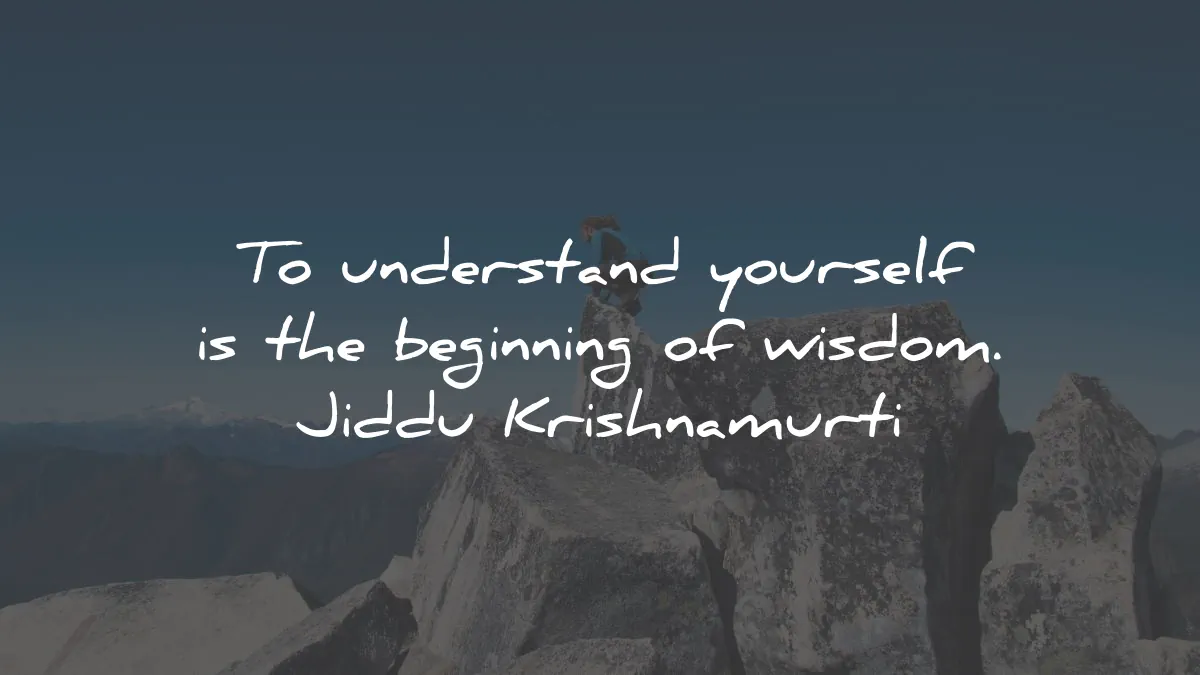
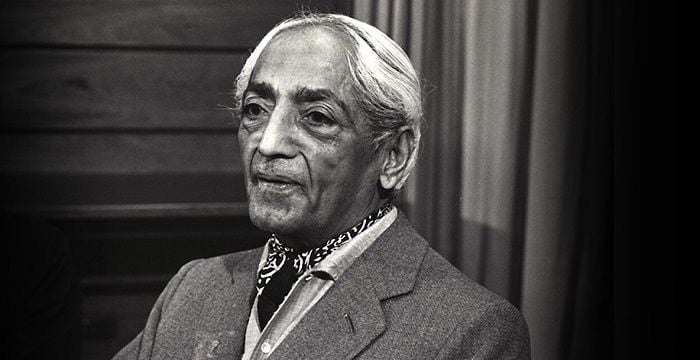
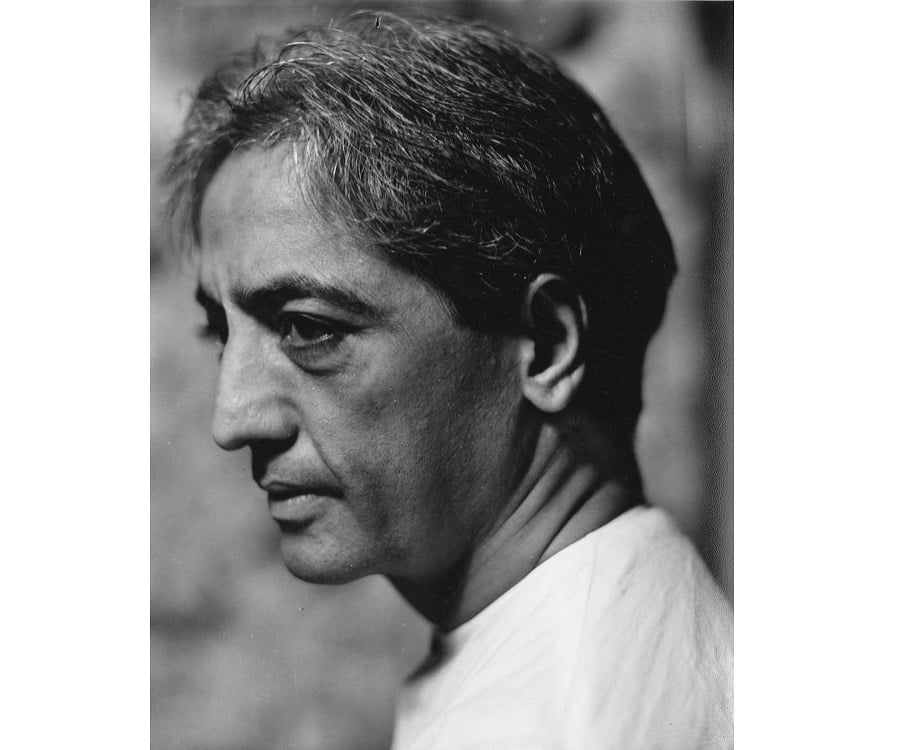
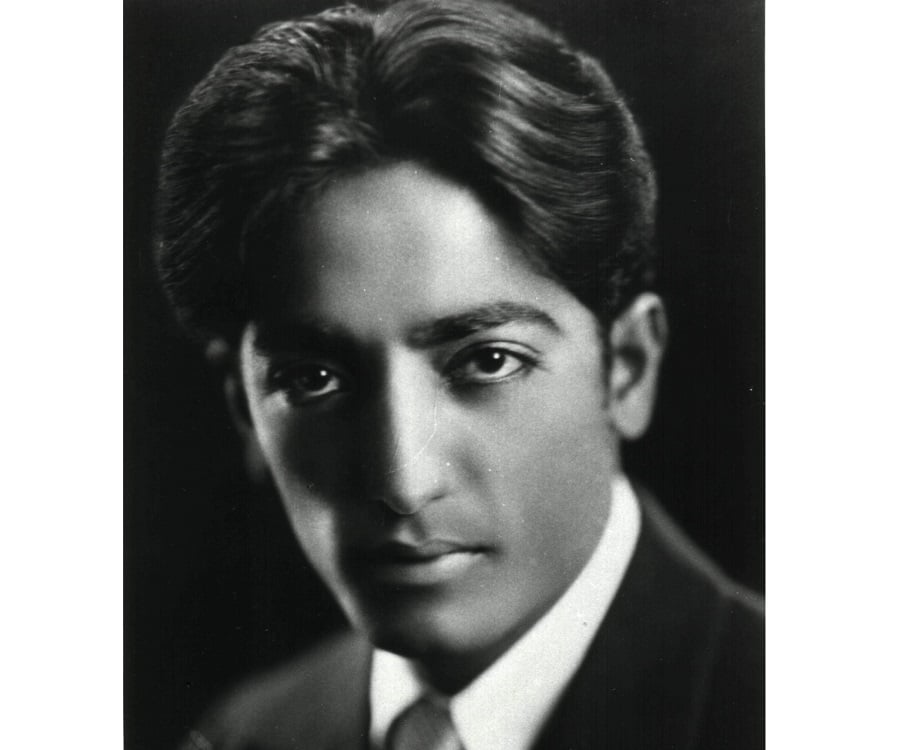
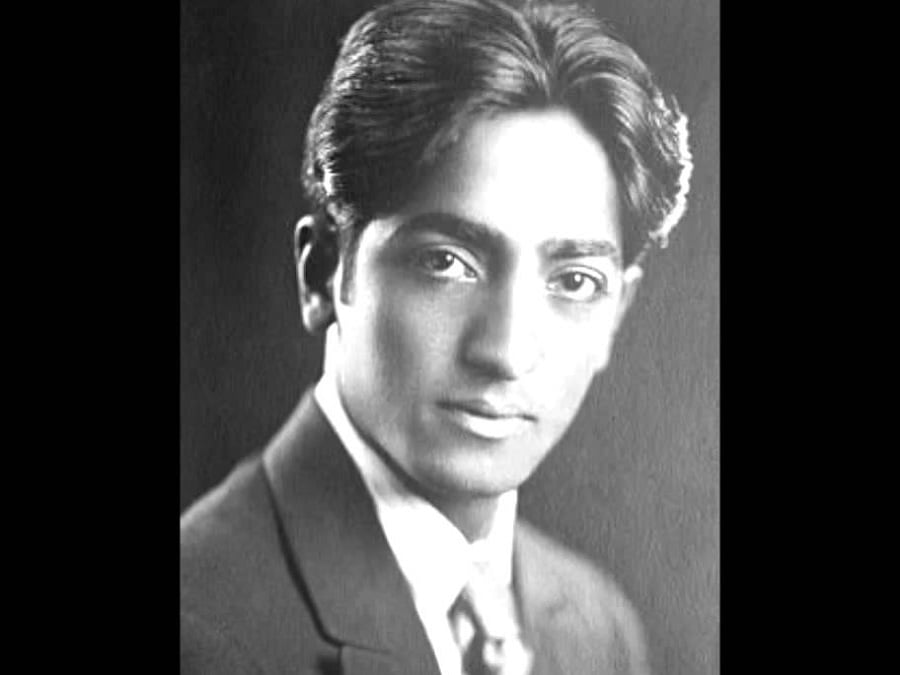
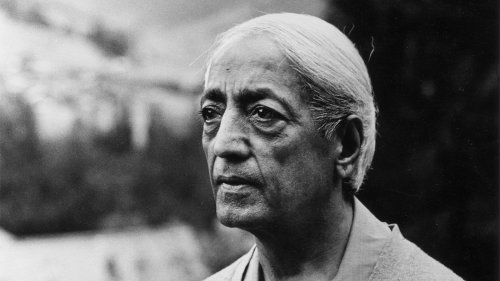
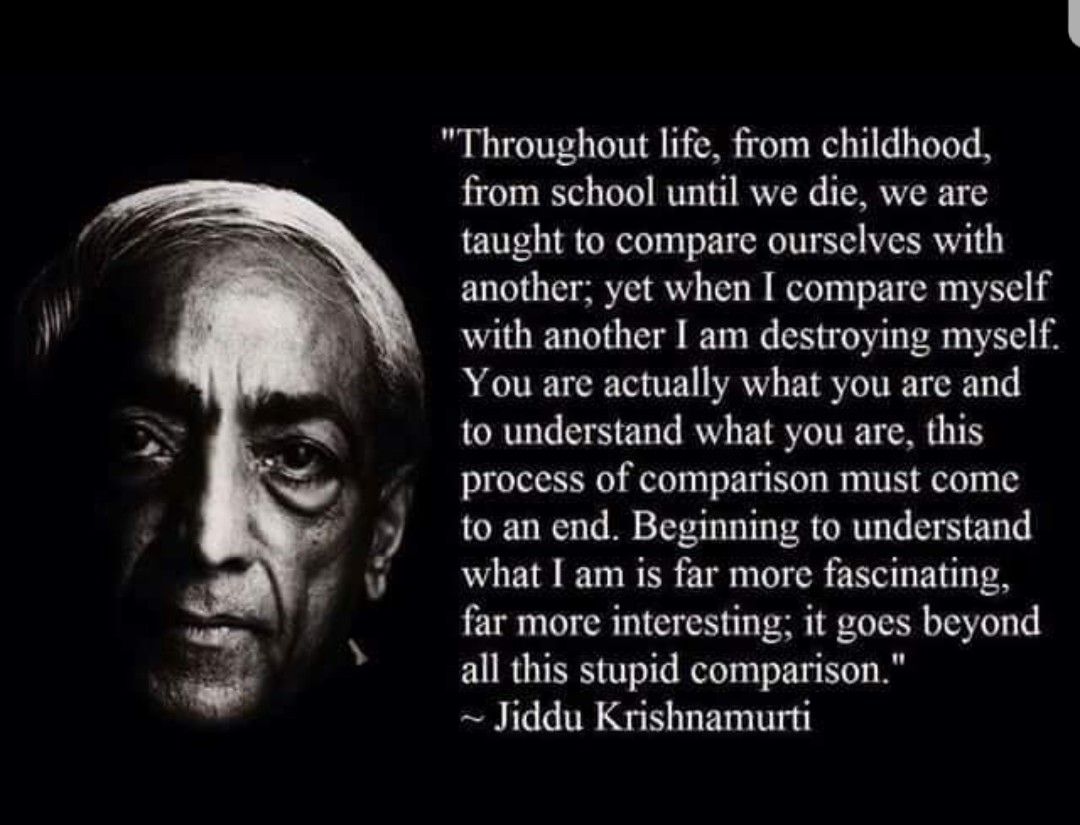
Closure
Thus, we hope this text has supplied worthwhile insights into The Enduring Knowledge of Jiddu Krishnamurti: Exploring His Most Well-known Quotes. We hope you discover this text informative and useful. See you in our subsequent article!